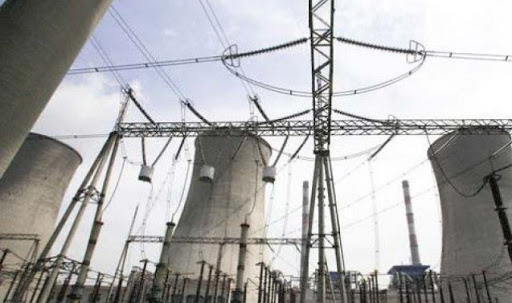The government has set forth 24 conditions to transition from the existing capacity-based model to a take-and-pay arrangement with Independent Power Producers (IPPs), aiming to lower electricity tariffs for consumers.
According to a report by Business Recorder, the proposal is part of ongoing negotiations between the government and IPPs, intended to restructure agreements that have contributed to high electricity costs.
The deal is in its final stages, following critical discussions between senior government officials and representatives of the IPPs in Islamabad.
Technical experts have scrutinized documents from various IPPs, examining the procurement of fuel, machinery, and equipment, in an effort to identify areas for cost reduction.
Over the past 10 years, Rs1 trillion has been paid to 26 IPPs as capacity payments, sparking the need for reform in the sector.
As per the report, meetings regarding the new power arrangements are being held at a secret location in Rawalpindi, as a key member of the Power Sector Task Force declined to participate in sessions held in Islamabad.
According to a draft proposal shared with stakeholders, the following 24 conditions form the basis for the transition to the take-and-pay model:
- Return on Equity (RoE) reduced to 10%, with PKR/USD indexation fixed at Rs168.
- RoEDC (Return on Equity During Construction) not addressed, requiring clarification.
- Operation & Maintenance (O&M) costs, both foreign and local, reduced by 70%, with PKR/USD indexation set at Rs168.
- Delayed payment rate set at 3-month KIBOR + 2%.
- Agreement to withdraw the company’s right under the Implementation Agreement (IA) and government guarantees.
- Fuel arrangement responsibility shifted to the company.
- In the absence of a government guarantee, receivables remain unsecured.
- Tariff for the working capital component has been withdrawn.
- Dispatch cap fixed at 100%, removing the previous limit of 101.5%.
- Dispatch instruction clause amended to require power purchasers to notify their requirements for net exportable output and reactive power on an hourly basis.
- Clauses 9.3 to 9.5 on forced and scheduled outage allowances have been eliminated.
- Invoicing for Energy Purchase Price (EPP) has been changed to 30 days, with payments due within 30 days.
- Testing and Capacity Rating requirements have been omitted.
- The company will bear insurance costs.
- Tax exemptions and Change in Law benefits under the Implementation Agreement have been withdrawn.
- The company’s right to claim pass-through items such as WWF, WPPF, and Withholding Tax on Dividend has been revoked.
- The Power Purchase Agreement (PPA) has been terminated.
- A take-and-pay arrangement has been introduced, giving exclusive rights to the Central Power Purchasing Agency (CPPA).
- Government security clearance is required every three years.
- Force Majeure clauses have been removed.
- Either party can terminate the contract with 12 months’ notice, with no liability except for obligations incurred before termination.
- The LD (Liquidated Damages) clause is no longer applicable under the revised PPA.
- The dispute resolution mechanism has been revised, requiring disputes to be resolved by an expert or through the Islamabad Courts.
- Schedule and Technical Limits have been withdrawn from the amended PPA.
The government hopes that these conditions will reduce the financial burden on the power sector and consumers. However, industry insiders argue that the experts behind the draft may lack a clear understanding of capacity payments, a mechanism still in use in countries like the UK.




